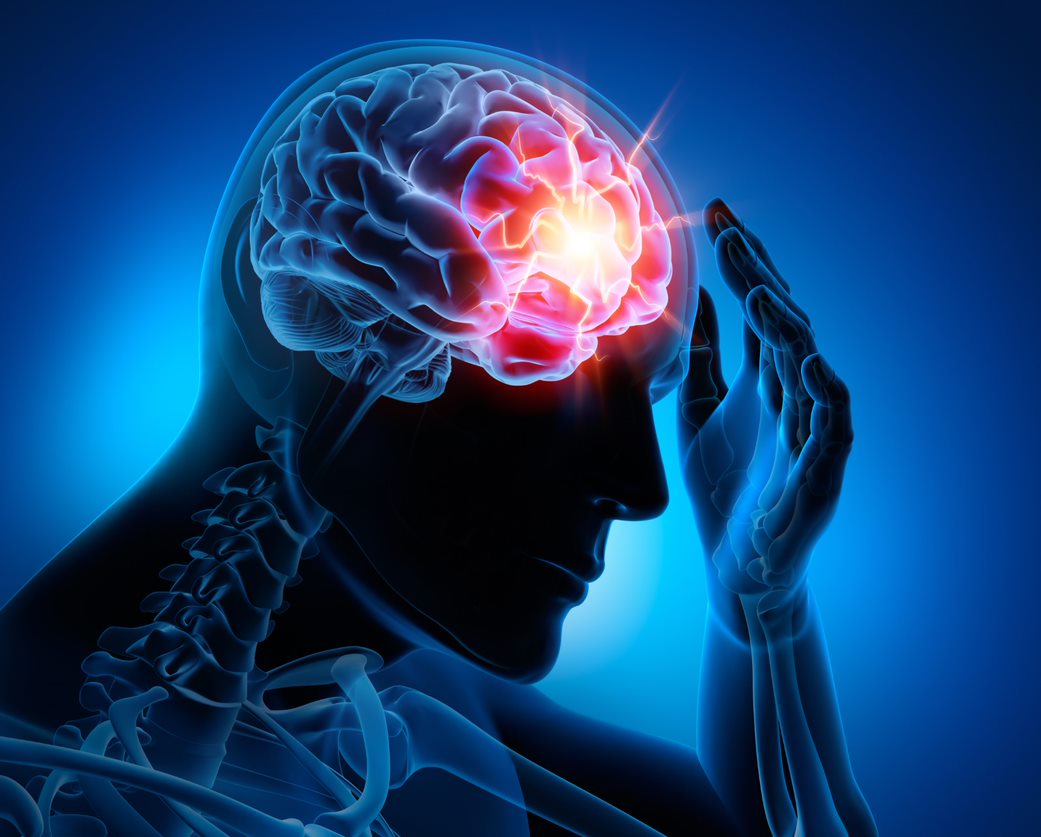
Concussion is a type of mild brain injury that occurs when there is either a direct impact to the head or a direct force to the body that subsequently results in transmission of force to the head. Concussion can be a complex injury to diagnose as there is often no structural damage that shows up on medical imaging, however, neurological symptoms are extremely common.
Symptoms typically develop because of issues with one or more of these domains
- Neck
- Autonomic nervous system – helps control our heart rate and blood flow etc.
- Vestibular system – inner ear
- Psychological functioning – emotions, thinking etc.
Some common symptoms that present with concussion include;
- Headache
- Dizziness
- Difficulty concentrating
- Drowsiness
- Neck pain
- Balance problems
- Feeling like ‘in a fog’
- Difficulty remembering
- Trouble falling asleep
- Nervous or anxious
- Nausea or vomiting
In adults, symptoms typically resolve after 2 weeks, however symptoms can persist, and if they last longer than 3 months it can be referred to as ‘post-concussion syndrome’. Guidelines recommend that everyone with a suspected concussion should be assessed by a clinician that has experience assessing the above-mentioned domains.
